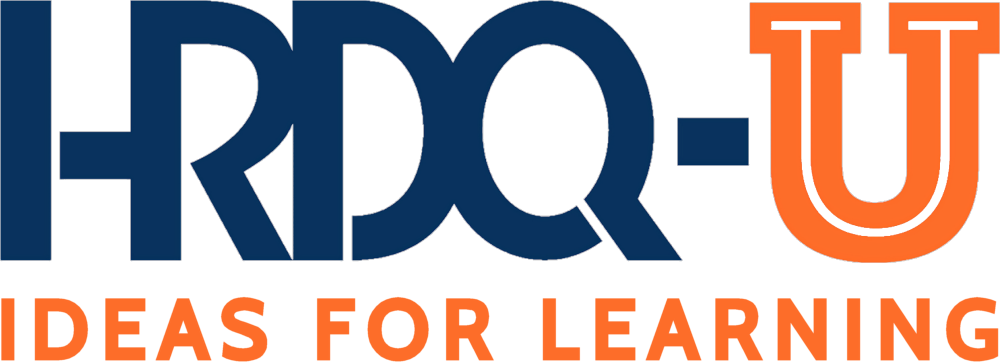Portugal’s culture flourished during the periods when education was encouraged and economic equality was promoted. During this time, there were incredible works of art and great advances in economics, industry, global exploration, and, of course, leadership. Everything was fluid and functioning like a well-oiled machine. Needless to say, Portugal was prospering during these periods.
Intermingled throughout its history, however, Portugal has had periods of extreme repression, such as the “re-conquest” of the Moors, the expulsion of the Jews, the Inquisition, the dominance of the Catholic Church, and the Salazar dictatorship. During these periods of centralized repression, thousands were killed and imprisoned. As the bad periods became more and more frequent, overshadowing the periods of enlightenment, Portugal soon regressed into a backward and impoverished nation.
This observation got me thinking about how similar traits can exist in leadership today. Companies can certainly be differentiated by whether or not, at any given time, they are relatively more democratic and decentralized in regards to leadership and which ones are more centralized and authoritarian. My observation of these different leadership styles and their impact of them parallel my observation of Portugal.
Those companies that practice openness, education, and equality (including income equality) tend to do better than those where corporate repression – a harsh but applicable word here – is the norm.
Put it this way: would you rather work in an organization where learning to navigate boldly around the world is the norm, like the time period of Henry the Navigator? Or would you like to work in an organization where repression and dictatorship are the norm, like during the Inquisition?
This seems like a stark but easy comparison.


























